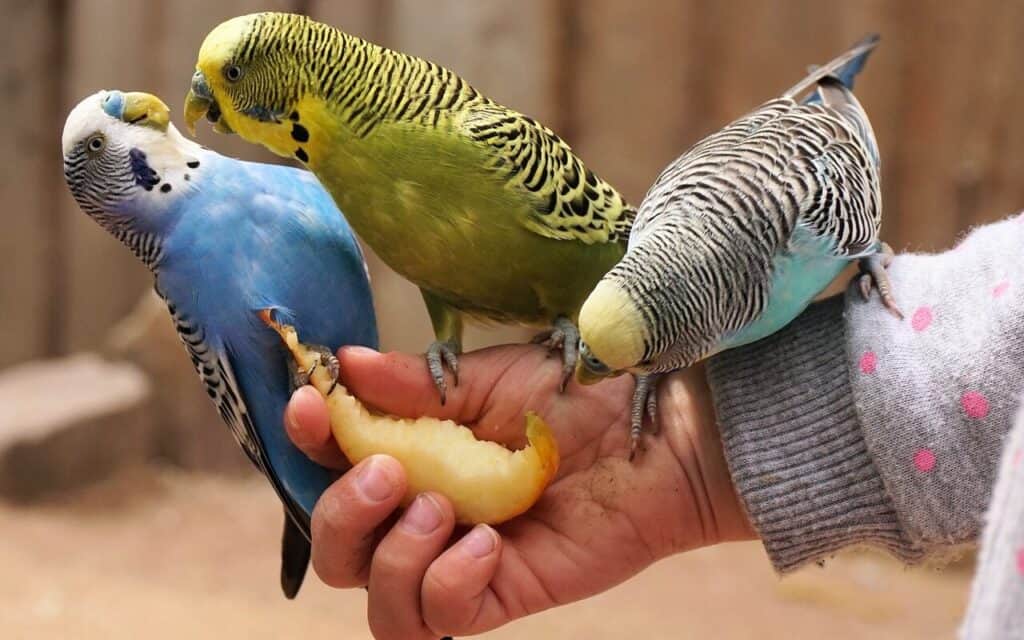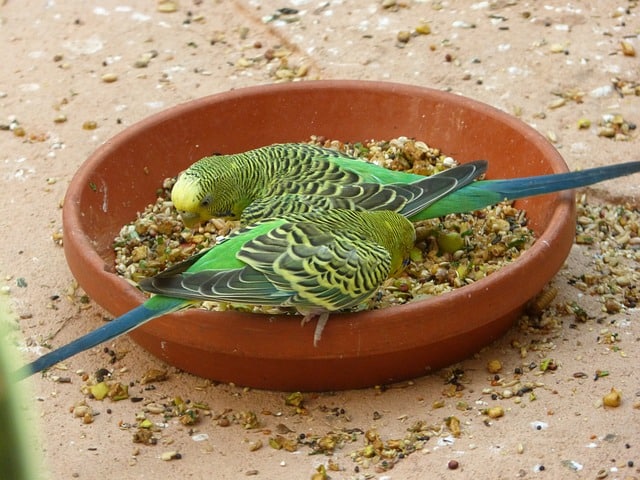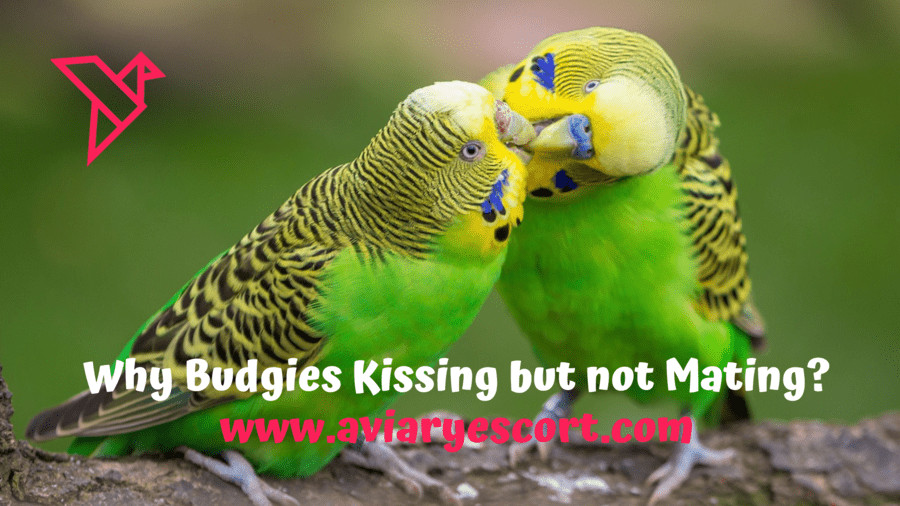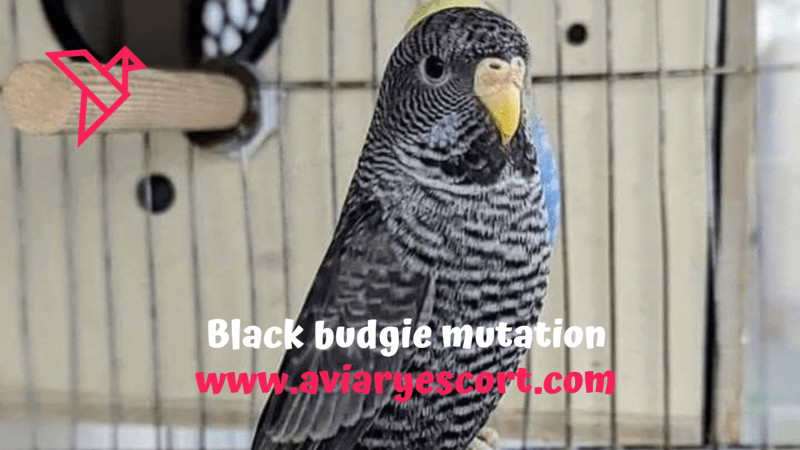Budgies, also known as parakeets, are delightful and intelligent birds that have captured the hearts of many bird enthusiasts worldwide. These small, colorful creatures bring joy and companionship to their owners, making them popular pets. However, just like any living being, budgies can experience a range of emotions, including happiness, fear, and yes, even depression. In this comprehensive guide, we will explore the topic of budgie depression, covering various aspects to help you better understand and care for your feathered friend’s emotional well-being.
The Emotional World of Budgies
Budgies are highly social creatures, both in the wild and as pets. In their natural habitat, they live in large flocks, establishing strong bonds with their flock members. When we bring budgies into our homes, they form a similar bond with their human caregivers. This emotional connection can bring immense joy to both the budgie and the owner. However, it also means that budgies are susceptible to experiencing emotions beyond happiness.
Signs of a Depressed Budgie
Recognizing the signs of depression in budgies is crucial for providing them with the care and attention they need. Let’s delve deeper into some of the common indicators of a depressed budgie:
1. Changes in Vocalization
Budgies are known for their cheerful chirping and singing. When a budgie becomes unusually quiet and withdrawn, it may be a sign of distress.
Read more: Can Budgies Really Talk? Learn How to Teach Your Budgie to Talk Step by Step
2. Withdrawal from Social Interaction
A socially active budgie might suddenly show disinterest in human interaction or isolate itself from other budgies in the household.
3. Loss of Appetite
Depressed budgies may experience a decrease in appetite, leading to weight loss and lethargy.
4. Aggressive Behavior
In some cases, a depressed budgie may exhibit aggressive behavior, biting or attacking when approached.
5. Excessive Feather Plucking
Feather plucking or self-mutilation is a severe indication of budgie depression. The bird may harm itself due to emotional distress.
6. Sleep Disturbances
A depressed budgie may have trouble sleeping, leading to fatigue and further exacerbating its emotional state.
7. Decreased Physical Activity
Lack of interest in playing, flying, or exploring the environment is another sign to watch for in a depressed budgie.
8. Prolonged Puffing Up
If your budgie remains puffed up for extended periods, it could be a sign of distress and discomfort.
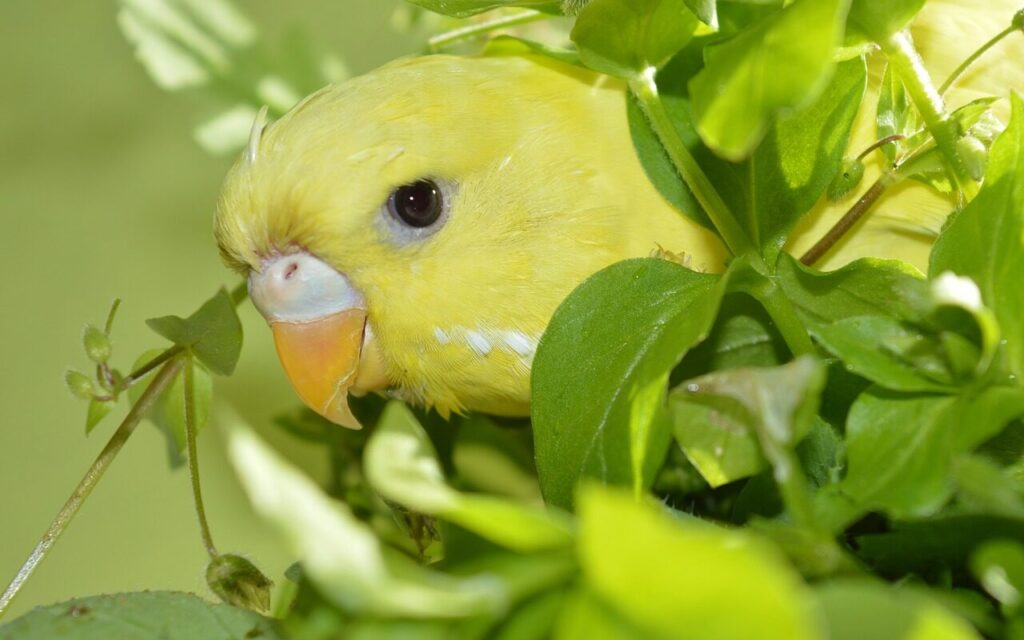
Understanding the Causes of Budgie Depression
To effectively address budgie depression, we must understand its underlying causes. Several factors can contribute to a budgie’s emotional well-being, and being aware of them can help us create a nurturing environment for our feathered friends. Let’s explore some common causes of budgie depression:
1. Loneliness and Lack of Companionship
Budgies thrive on social interaction, and the absence of companionship, either from other budgies or their human caregivers, can lead to loneliness and depression.
2. Boredom and Lack of Stimulation
In their natural habitat, budgies have a dynamic environment with various activities and social interactions. In captivity, a lack of mental stimulation and boredom can negatively impact their emotional health.
3. Stressful Changes in Environment
Budgies are sensitive to changes in their surroundings. Moving to a new location or experiencing significant alterations in their environment can cause stress and result in depression.
4. Health Issues and Pain
Underlying health problems or physical discomfort can contribute to a budgie’s depressed state. Medical conditions and pain can manifest as changes in behavior and mood.
5. Grief and Loss
Budgies form strong emotional bonds with their flock members or human caregivers. The loss of a companion or significant change in their social group can cause grief and depression.
Helping a Depressed Budgie: Strategies for Emotional Well-Being
As responsible budgie owners, it’s our responsibility to ensure our feathered friends receive the care they deserve. Here are some valuable strategies to help a depressed budgie regain its emotional well-being:
1. Provide Social Interaction
Spend quality time with your budgie daily. Interact with it, talk to it, and even consider getting another budgie as a companion if needed.
2. Enrich the Environment
Create an enriching environment with a variety of toys, perches, and interactive activities to keep your budgie stimulated and engaged.
Read more: Budgie Cage Setup Ideas: 30 Expert Tips
3. Offer Nutritious Diet
Ensure your budgie receives a well-balanced and nutritious diet to support its physical health, which can positively impact its emotional state.

4. Maintain a Consistent Routine
Budgies thrive on predictability, so establish a daily routine to help your feathered friend feel safe and secure.
5. Seek Veterinary Advice
If you suspect health issues may be contributing to your budgie’s depression, consult a veterinarian with avian expertise for proper diagnosis and treatment.
6. Be Patient and Loving
Patience and love are crucial when dealing with a depressed budgie. Offer comfort and support during difficult times.
7. Observe for Progress
Keep a close eye on your budgie’s behavior and mood. Positive changes, even small ones, can indicate progress in overcoming depression.
Conclusion
Understanding the emotional well-being of our beloved budgies is essential for providing them with the best care possible. Budgies can indeed experience depression, just like any other living being. By being attentive to their needs, recognizing the signs of depression, and taking proactive steps to address it, we can ensure that our feathered friends lead happy, healthy, and fulfilling lives.
FAQs
1. Can budgies die from depression?
While depression can have adverse effects on a budgie’s health, it’s essential to address the issue promptly to prevent potential complications.
2. Will getting another budgie help my depressed budgie?
Introducing a new budgie as a companion can provide social interaction and alleviate loneliness, potentially improving the depressed budgie’s mood.
3. How long does budgie depression typically last?
The duration of budgie depression can vary based on the individual bird and the causes of the depression. With proper care and attention, many budgies recover in a matter of weeks.
4. Should I change my budgie’s diet if it’s depressed?
While a balanced diet is essential for overall health, changing the diet alone may not resolve depression. Focus on providing emotional support and enrichment in the budgie’s environment.
5. Can budgies form attachments to humans?
Yes, budgies can form strong attachments to their human caregivers. They are highly social creatures and often bond closely with those who provide them with love and care.
Read more: 11 Reasons Why Budgies Break And Throw Their Eggs



